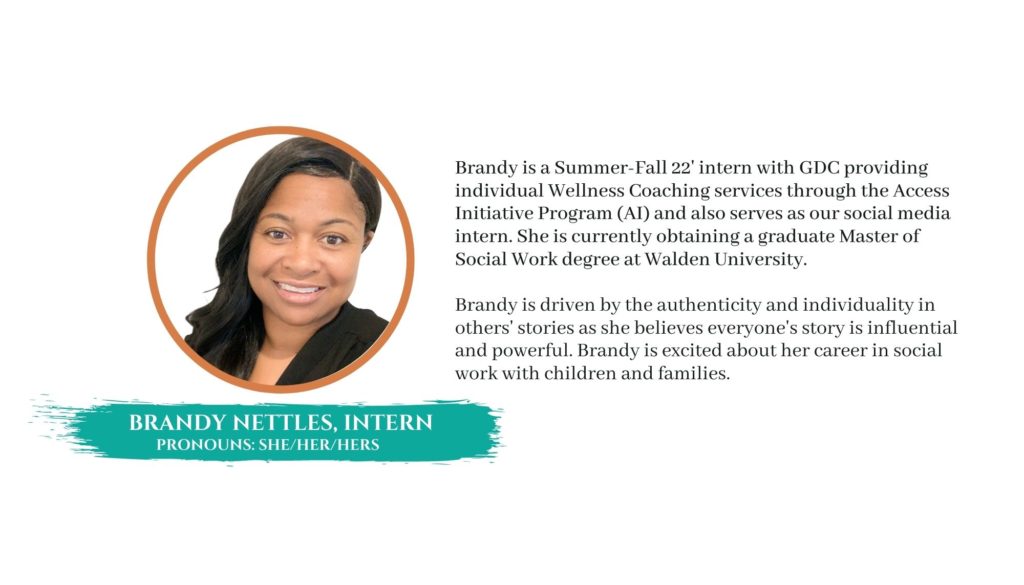Boundaries
Maybe you’ve seen social media posts about them, you’ve heard about them on a podcast, or you can’t exactly pinpoint where you first heard them but wonder nevertheless,“What does “boundaries” even mean?”
I had the hardest time understanding the concept of boundaries and an even harder time trying to figure out how to implement them in my own life. I could go on and on about my personal inexperience with boundaries, but the questions for you are:
- Do you know what boundaries are?
- Do you know how to use them in your life?
So what are boundaries?
Setting boundaries are about taking care of yourself first. A boundary is about putting into place limitations on your availability, what you say yes to, what you say no to, and they can even be used to signify to others what behaviors you will or will not accept from them. A boundary is about making sure your needs are considered and not just the needs of others.
Boundaries are also about using communication that is not aggressive, but communication that clearly states what your needs are, what your wants and requirements are; and in some instances, consequences for those who do not respect or follow through with the requirements of your boundaries.
I can enforce consequences when people don’t respect my boundaries?
Yes!
Examples of consequences to others who do not respect your boundaries could be a person no longer having access to you, your time, or personal information of yours. When you don’t have having boundaries or your boundaries are porous and not firm you experience consequences as well. Consequences to self can be: You feel like the only one doing the giving in relationships, you feel emotionally
drained by certain people who demand more of your time. Ultimately, you can end up with a negative perspective of others because your needs are being unfulfilled or unrecognized.
How do I know if I need better boundaries?
- Do you find it hard to tell people “No”?
- Do you often feel depleted or drained of energy when you accept doing things for others without doing what you need or want to do for yourself?
- Do you feel obligated to meet the needs of others but find you don’t get the same from them?
- Are you in relationships where you aren’t sure how to express what your needs are, but secretly want them met? and do not know how to go about it?
If you answered yes to any of these, you can benefit from setting and enforcing boundaries.
6 reasons boundaries can be useful in your life
Here’s what you’ve been waiting for. You now know what boundaries are, what happens when you don’t enforce them, and indicators why you might need better boundaries. So at last, why is this even useful?
Here’s 6 reasons how boundaries can improve your life:
- Increases circumstances for healthier, balanced, and reciprocal relationships
- Enhances your ability to focus more on yourself and your needs
- Increases the importance of consideration of self as you consider other people in your life
- Reduces overcommitment to others
- Improves assertive communication skills
- Informs others in knowing how to engage with you and how you desire to be treated
Setting and enforcing boundaries does take practice, but be patient with yourself in this new approach. Recognize this also means you are monitoring your own ability to restate and enforce your boundaries when needed. Don’t under-estimate your power to follow through with consequences and changed behavior if your boundaries are not being respected by others.
At last, make sure your boundaries are being honored by the most important person. You.

